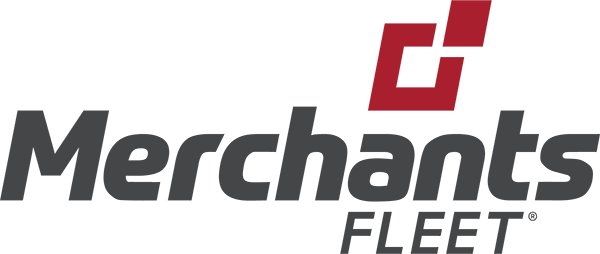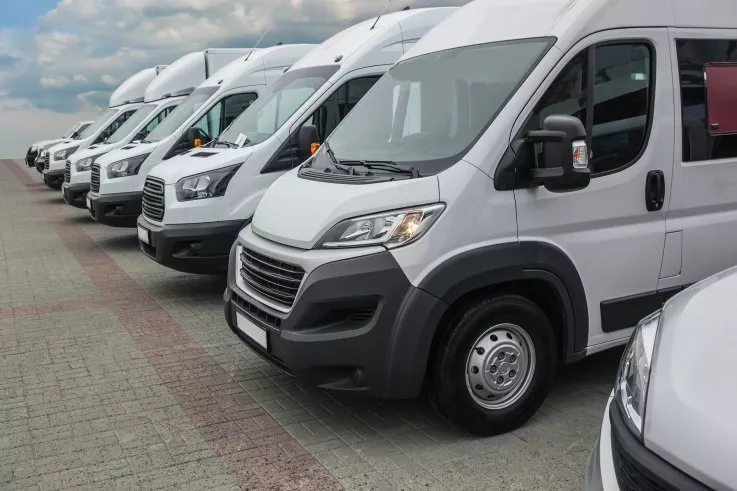Trucking Logistics: Fleet Managers Guide
The concept of trucking logistics is nothing new, but it has become a bit more comprehensive and complicated with the evolution of the transportation industry and the increase of sustainability standards. This guide will help answer your questions and provide insight on today’s major pain points, industry trends and insights, and the main differences between a trucking logistics and fleet management company.
What Is Trucking Logistics?
In the simplest of terms, trucking logistics refers to the coordination and movement of goods and products from one particular location to another. It also includes the planning and analysis of and all decisions related to vehicle procurement, fuel, maintenance, and routing.
The Role of a Trucking Logistics Company
A trucking logistics company manages all aspects of transport and the supply chain process, and offers services that may include packaging, distribution, and disposal. There are also two types of companies — freight brokers and third-party logistics companies (3PLs).
A freight broker serves as the intermediary between the company shipping the freight and the truck drivers or transportation carriers. They coordinate and oversee the transfer of freight, whereas a 3PL offers more products and services, such as product storage, order fulfillment, and distribution.
Benefits of using a trucking logistics company include consistency, a single point of contact, a competitive pricing structure, and a streamlined process. A trucking logistics company can also help ensure that carriers and drivers are following the appropriate Department of Transportation laws and regulations.
Trucking Logistics Company vs. Fleet Management Company
Trucking logistics companies and fleet management companies are both important to the transportation industry, but they do differ in terms of services and responsibilities.
A trucking logistics company handles contract management and the transportation of goods, whereas a fleet management company (FMC) works with businesses, organizations, and government entities to oversee and manage all aspects of fleet vehicles. This includes fleet leasing and funding, fleet maintenance, fuel management, tracking and compiling vehicle data, toll management, and upfitting and branding.
A fleet management company also works with all types of vehicles, which may include vans, sedans, SUVs, etc. in addition to trucks.
Pain Points of Trucking Logistics
There are a lot of moving parts when it comes to trucking logistics, including tracking fuel spend and driver behavior and coordinating and managing schedules.
One of the major challenges, however, is supply chain delays. Since the beginning of the COVID-19 pandemic, the transportation industry has faced vehicle shortages and procurement delays, especially in terms of manufacturer production allocation, due to a variety of reasons: lack of skilled labor, nationwide labor shortages, and demand that outpaces supply.
The lack of available inventory means that companies and organizations are trying to push the limits of their current vehicles, which as a result, often require more maintenance as they age. There is also a shortage of skilled technicians who can perform this necessary maintenance, which only compounds the problem.
Industry Trends & Insights
One of the biggest trends in trucking logistics — and fleets in general — has been the push toward zero emissions. While eco-friendly transportation has always been a big issue, it’s now gaining more traction with the increase of electric vehicles on the market and stricter emissions standards in certain states.
As of January 1, 2024, only zero-emission drayage trucks within fleets of 50 or more vehicles can register in the California Air Resources Board online system; this stipulation is part of California’s Advanced Clean Fleets regulation. Right now, these heavily mandated regulations are only statewide.
The Environmental Protection Agency (EPA) is also making strides to reduce carbon emissions by announcing proposed standards to “further reduce harmful air pollutant emissions from light-duty and medium-duty vehicles starting with model year 2027.”
In addition, more and more businesses and organizations are exploring different types of electric vehicles, including battery electric vehicles, hybrid electric vehicles, plug-in hybrid electric vehicles, and fuel cell electric vehicles. Implementing electric vehicles into a fleet is also one of the quickest, easiest, and most effective ways for companies and organizations to help meet their environmental, social, and governance (ESG) goals.
While other trends such as inflation and leasing standards have impacted trucking logistics, the bottom line is that the transportation landscape in general is very fluid and continuously evolving, which is why it’s important to partner with the right people in order to stay informed of the latest rules and regulations.
Keep Your Business Moving With Merchants Fleet
We are more than just a fleet management provider — we act as partners to our clients by providing best-in-class fleet solutions and unmatched client service. This also means staying on top of the latest trends, regulations, and standards, and offering free resources that will help you make the best business decisions.
Speaking of resources, we invite you to check out our whitepaper, The Supply Chain Playbook eGuide [Workbook], for strategic ways to address the most common supply chain challenges.
If you have any questions or need additional information, please don’t hesitate to contact us.




